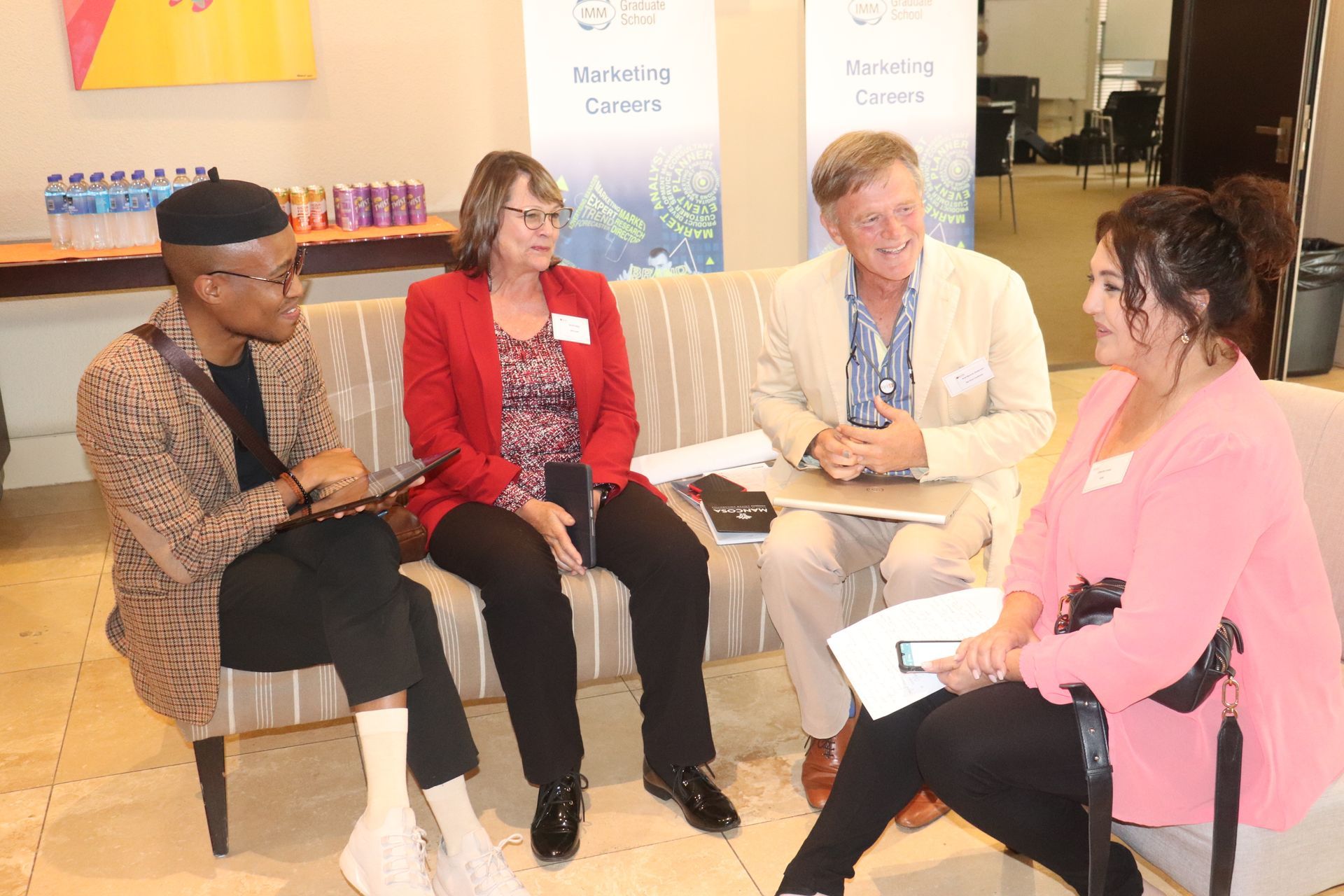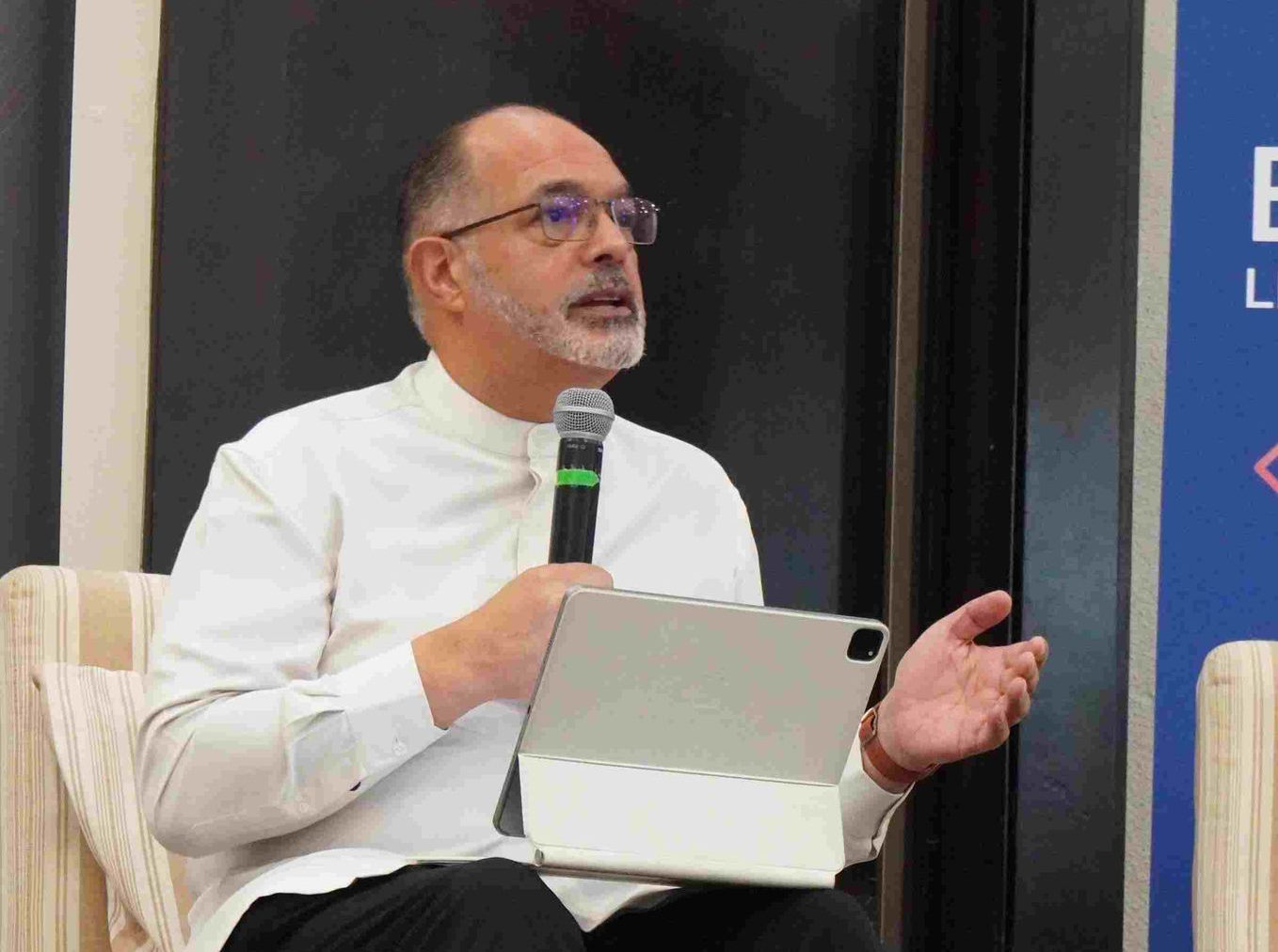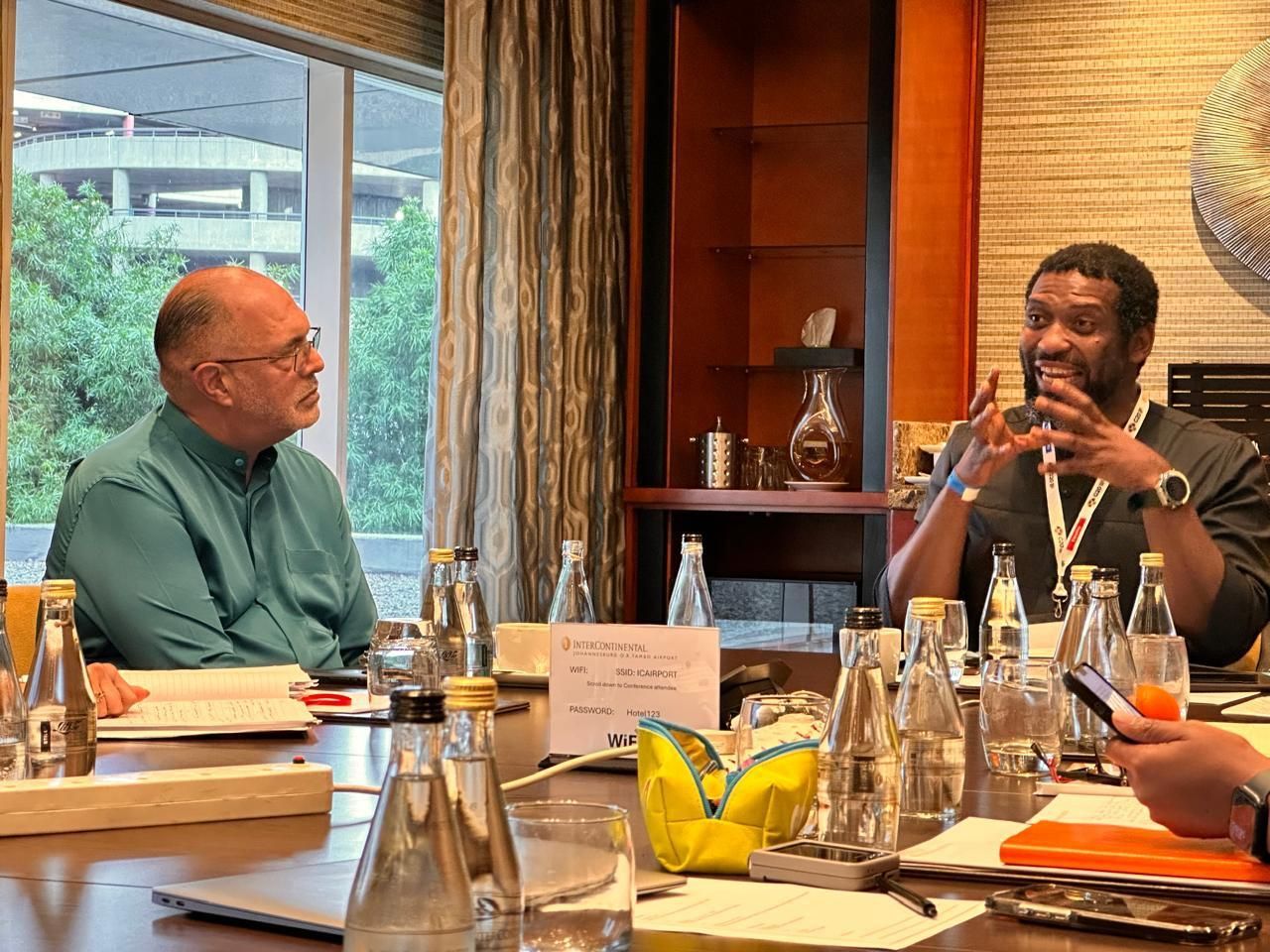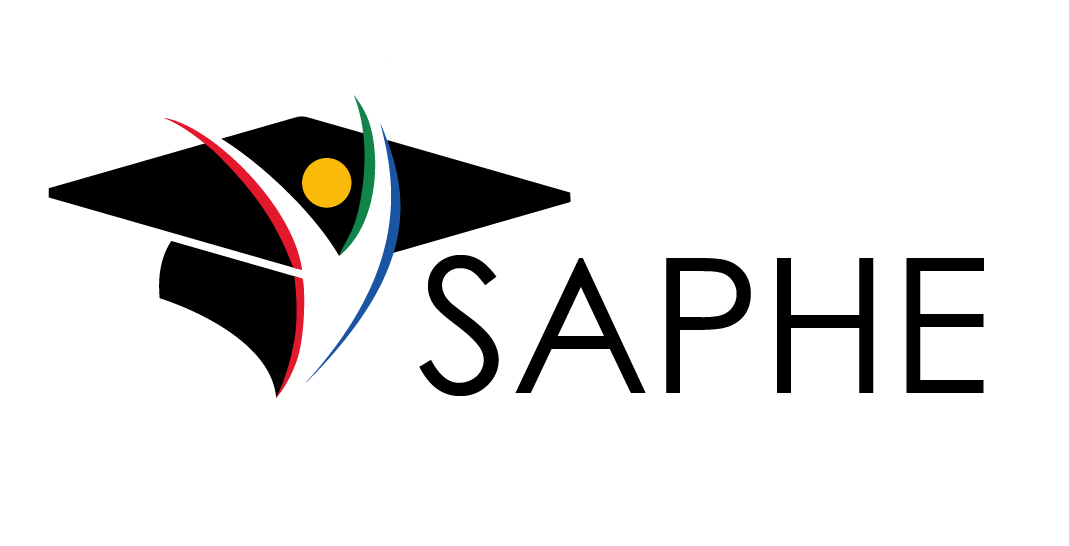A peek into the future: Panel discussion on Higher Education in Southern Africa
The recent SAPHE Conference provided an engaging platform for discussion and reflection on the future of higher education in Southern Africa. Among the conference's highlights was a thought-provoking panel discussion on this critical topic, featuring a diverse group of experts from the education and technology sectors.
Elmarie Cronje of EOH, Glenda Miles of Microsoft, Buntu Majaja of the SA Innovation Summit, Dr Anselm Adodo of Paxherbals, and Prof. Ronnie Lessem of TRANS4M brought their unique perspectives, each offering a distinct picture of the future landscape for higher education in the region. Prof. Ben Anderson of the DaVinci Institute skilfully facilitated the discussion, expertly engaging the audience in the diverse scenarios proposed by the panellists.
Entrepreneurial approach
Majaja presented a compelling argument for higher education institutions to become an integral part of their surrounding ecosystem. This, he believed, would make them more aware of the importance of adopting an entrepreneurial approach in their engagement with industry. He was convinced that the benefits of commercialising more, if not all, research, was becoming critical in a creative economy where everyone was defined as a knowledge worker. This underscored the need to co-create new understandings of reality, shaping both the present and the future.
Embracing technology
In her presentation, Miles asserted that embracing technology is not a choice but an imperative for higher education institutions if they aspire to prepare graduates who can effectively contribute to sustainable socio-economic development. She strongly advocated for integrating a wide variety of adaptive technologies into the student experience, highlighting the transformative potential of such an approach. As a closing remark, Miles challenged the higher education system to take a leadership role in the AI discourse and practice, acknowledging the industry's leading role but not always from a holistic perspective.
Demand for niche institutions
Cronje's presentation emphasised the importance of representatives of higher education institutions actively listening to their prospective customers and understanding their specific educational requirements. She explained that the growing demand for niche institutions was driven by the industry's need for graduates who were 'job ready' and possessed the necessary critical thinking, reasoning and questioning skills, and competence to thrive in the marketplace. Cronje also stressed the importance of higher education institutions becoming more inclusive and accessible, noting that private higher education institutions in South Africa seemed responsive to the dilemma parents faced and accommodated students from diverse backgrounds.
Community-centric focus
Lessem and Adodo provoked the audience with the idea of 'Communiversity,' where students actively represent society through their communities, broadening the scope of knowledge and incorporating critical indigenous knowledge systems into the co-creation of new knowledge.
Concluding the panel discussion, Prof Anderson expressed that integrating the diverse yet critical inputs into a futuristic higher education scenario would indeed be challenging. He asked, "Are we ready to embrace these suggestions, and more importantly, should SAPHE play a role in promoting such a future for higher education?" This left the audience and SAPHE members with much to reflect on.




